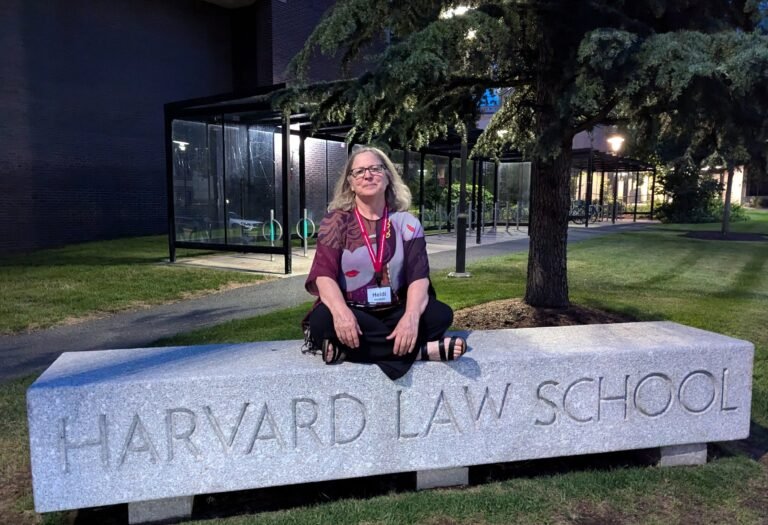Trust is the quiet architecture of a psilocybin day. As soon as you arrive, the space and your preparation are already saying something to your nervous system: you are not alone here; you do not have to perform; you can go at your own speed. Safety isn’t the absence of intensity—it’s the presence of clear agreements, steady people, and a plan that lets you soften your guard.
The first agreement is simple and human: you get to be met as a person, not a case. In Oregon’s legal model, facilitators are trained to support you through a non-directive approach. They don’t diagnose, interpret, or “do therapy” during the session; they accompany, observe, and adjust so you can do your own work. That stance—attentive and steady without steering—helps many people feel safe enough to let go.
The next layer is consent. Consent here is not a one-time signature but an ongoing conversation. Before your session, you review what will and will not happen; you learn it’s good to ask for silence, a song to stop, a break for water, or a bathroom visit. If supportive touch is discussed at all, it’s defined narrowly and agreed to in writing ahead of time—touch in this setting, when permitted, is limited to a brief hug or a hand placed on hands, feet, or shoulders, and only when the client has asked for it and consented in advance. The default is no touch. This clarity takes pressure off the moment; it lets comfort be chosen, not assumed.
Beneath the personal agreements is the structure of Oregon’s rules, which are designed to hold steady behind the scenes while you do your work. Before the day, you meet the facilitator who will be with you and you receive required documents in plain language: the Client Bill of Rights, informed consent, and information about what to expect. You have a chance to ask questions and to understand what “supported adult use” means in this non-medical model. Knowing what you are (and aren’t) signing up for reduces the background static so attention can turn inward.
The environment for your experience adds to your safety. During an administration session a licensed facilitator remains with you and continuously monitors you—visually and audibly—watching for signs of physical or emotional distress. You won’t be left alone. The session isn’t managed by cameras or intercoms; it is held by a present human who is trained to notice when to step forward and when to step back. That steady presence makes it easier to surrender to a wave of feeling, knowing someone is watching the shore.
Sound is handled with the same care. Recorded music may be used only with a client’s consent, and you may decline it. If something doesn’t fit, you can ask for silence or to stop a track; changes are simple by design so your attention isn’t chopped up by constant adjustment. The goal is not to direct your mind but to keep the room aligned with what helps you open and feel safe.
Behind the scenes, every licensed service center maintains a written safety and emergency plan—procedures for unexpected events, from a power outage to the rare medical or behavioral emergency. Facilitators are required to follow these plans, document incidents, and contact emergency services when needed. Most days are uneventful in this regard; it still matters that the plan exists, so your body and mind don’t have to worry about it.
Your rights are explicit. Oregon’s Client Bill of Rights spells out dignity and respect, equitable care, privacy protections within the program, and your ability to understand and alter what you consent to. Knowing you have rights—and that they’re written down—quietly supports the trust that lets many people go deeper.
All of this—human presence, clear consent, continuous monitoring, conservative policies around touch, and a real plan for the unexpected—adds up to a security that most people can feel in their bodies: the more thoroughly you are held, the more you can let go.
At Vital Reset, we make the container visible without making it heavy. Your facilitator will begin with plain talk and simple agreements. They will ask about comfort—temperature, blankets, water, bathroom plan—so your body isn’t negotiating with the room while your attention turns within. They will explain how to ask for quiet or to stop a song. We are not there to interpret your experience but to protect the space in which it can unfold. Afterward, when the room goes quiet again and the day begins to land, we stay with you long enough to feel stable and safe for the trip home.
We invite you to take advantage of integration so the meaning becomes a life, not just a memory.
If you have questions as you prepare—or if the words “safety,” “consent,” and “trust” bring up specific needs you want honored—call 541-645-4485. Naming what holds you best is part of the work.



